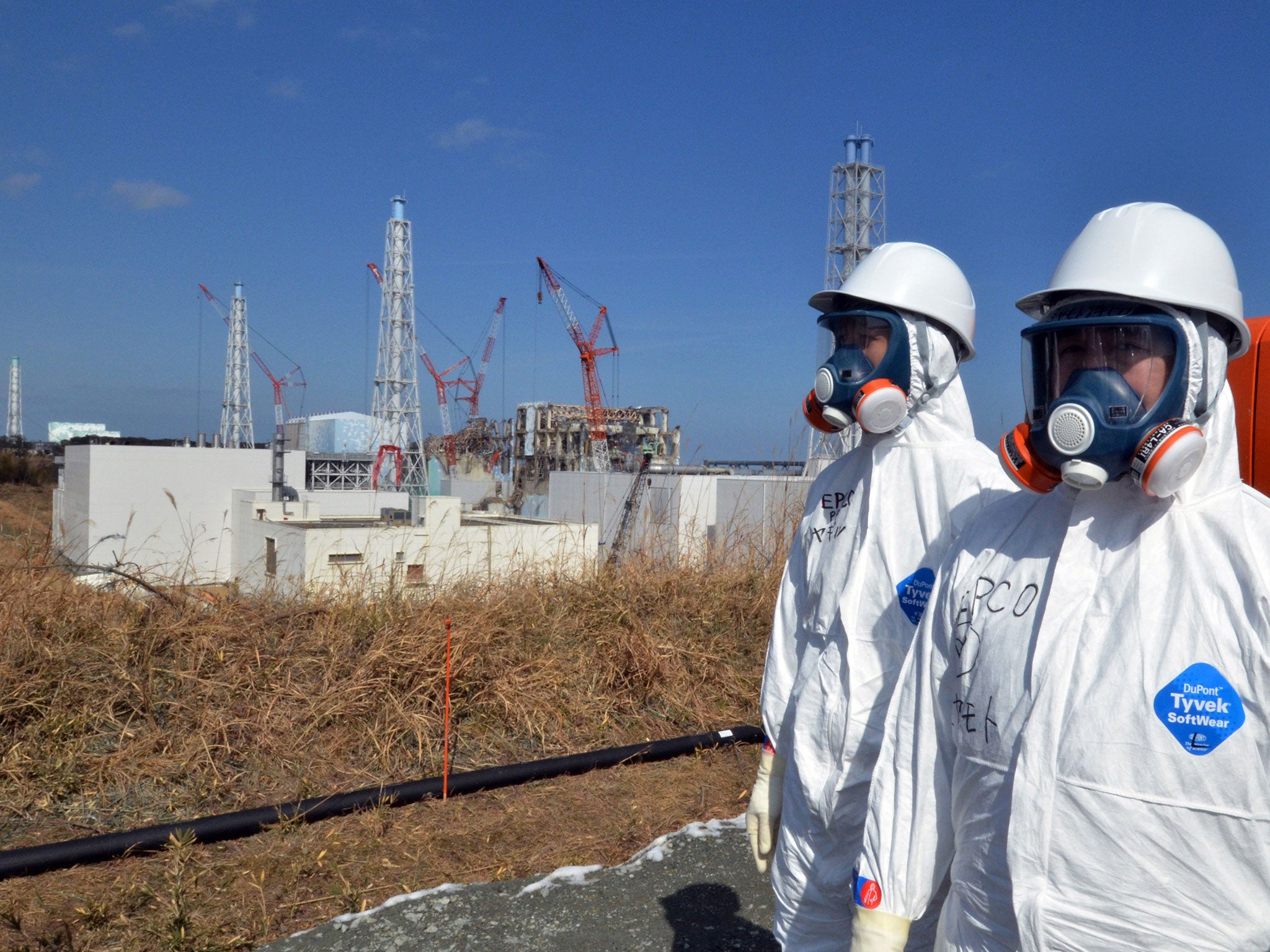Psychological impact of nuclear disasters like Fukushima more damaging than the risk from radiation, experts say
Experts say that the social and psychological aftermath of a nuclear accident was too often overlooked

The long-term psychological impact of nuclear disasters like the Fukushima incident can be even more damaging to public health than the immediate risk from radiation, experts have said.
Those living in the regions affected by nuclear accidents are more likely to suffer post-traumatic stress and depression or to feel stigmatised – problems often exacerbated by overblown estimations of the ongoing radiation risk, researchers said in a special edition of The Lancet medical journal.
No-one has died as a result of radiation exposure in Fukushima, Japan, where damage to the nuclear power plant caused by the March 2011 tsunami and the release of large amounts of radioactive material led to the mass evacuation of 170,000 people living within a 30km radius.
Although authorities believe increased rates of thyroid cancers could be seen in the future among the most exposed children, a UN report published two years after the accident stated that, otherwise, no substantial increase in future cancer rates is expected as a result of radiation.
However evacuees were found to be almost five times more likely than average to have suffered psychological distress. Experts writing in the special edition of The Lancet, published to mark the 70th anniversary of the Hiroshima and Nagasaki atomic bomb attacks, said that the social and psychological aftermath of a nuclear accident was too often overlooked.
Among people affected by the 1986 Chernobyl disaster, rates of depression and post-traumatic stress remain high, and a UN assessment conducted in 2006 concluded that the incident’s effect on mental health was the most serious resulting public health issue.
Exposure to radiation can increase the risk of cancer throughout life, and those exposed to very high doses can suffer severe and sometimes fatal symptoms known as acute radiation syndrome (ARS). At Chernobyl, 134 workers involved in the emergency response developed and 28 died. No such cases were reported at Fukushima.
In a study led by Dr Koichi Tanigawa, of Fukushima Medical University, experts said that along with the immediate radiation risks, the displacement of hundreds of thousands of people created a new wave of public health impacts.
The aftermath of the Fukishima disaster
Show all 14“Although the radiation dose to the public from Fukushima was relatively low, and no discernible physical health effects are expected, psychological and social problems, largely stemming from the differences in risk perceptions, have had a devastating impact on people’s lives,” said Dr Tanigawa.
A small number of residents have returned to their homes four years after the disaster, after the Japanese government lifted restrictions on some areas around Fukushima.
However, there are still problems with stigma, Dr Tanigawa’s study reported, particularly among women from Fukushima, owing to “misconceptions” about the effects of radiation on future pregnancy and children’s health.
Professor Simon Wessely, president of the Royal College of Psychiatrists, said that the Lancet series showed that “the psychological and social consequences of nuclear accidents are more profound, long-lasting, divisive and difficult to manage than the more direct consequences of radiation leaks.”
“In future, far more attention needs to be given to community engagement and choice, and less to the extreme risk aversion which currently dominates thinking,” he said.
Subscribe to Independent Premium to bookmark this article
Want to bookmark your favourite articles and stories to read or reference later? Start your Independent Premium subscription today.

Join our commenting forum
Join thought-provoking conversations, follow other Independent readers and see their replies